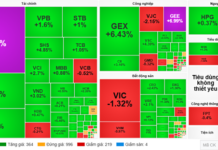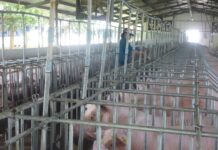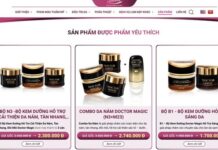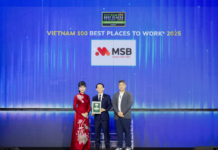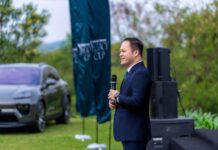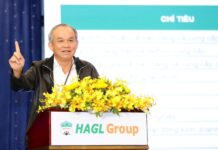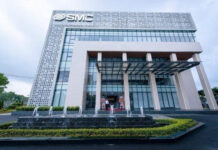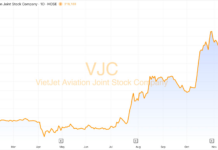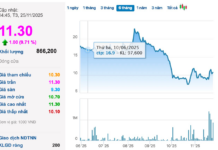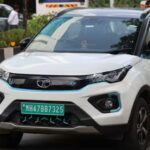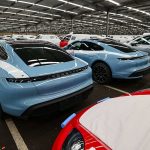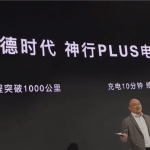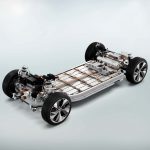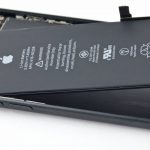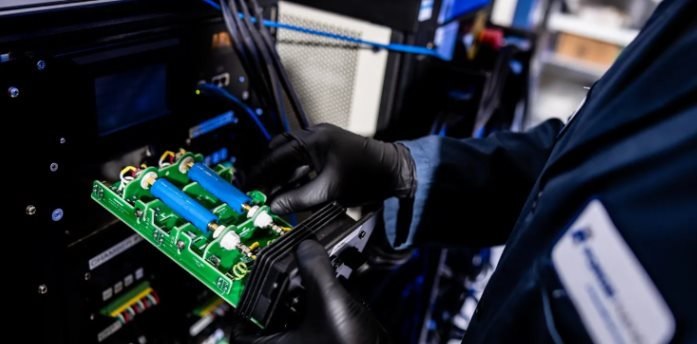
Illustration
Forge Battery, a commercial lithium-ion battery manufacturer and subsidiary of Forge Nano, a US-based materials science company, is now shipping its electric vehicle batteries, dubbed the “Gen. 1.1 Supercell,” to customers and potential partners. This marks a significant milestone for Forge Battery as it enters the commercial battery market.
Forge Battery is currently shipping its 21700-format Li-ion battery prototypes, with an impressive confirmed energy density of 300 Wh/kg. These batteries are designed to address the pressing challenges faced by the electric vehicle industry: energy density and charging time.
The 21700 batteries offer higher energy density and capacity compared to the previous 18650 standard, resulting in longer-range and more efficient electric vehicles. Their design also allows for more efficient cooling and packaging, leading to better performance and durability in electric vehicles.
Forge Battery’s breakthrough came with the development of Atomic Armor, an ultra-thin nano-coating created by Forge Nano. This coating enabled the company to produce first-generation high-energy-density batteries with 300 wh/kg. Higher density means that electric vehicles can travel farther on a single charge without increasing battery weight.
One of the key advantages of Forge Battery’s technology is the ability to fast-charge the batteries in just 10 minutes without compromising their lifespan. The batteries, featuring a lithium nickel manganese cobalt oxide cathode and a composite graphite silicon oxide anode, have passed both the UN 38.3 and UL 1642 safety standards, the highest safety certifications for transportation.
Barbara Hughes, Vice President of Energy Storage at Forge Nano, stated, “With higher silicon content in the anode and the ability to cycle at higher voltages, the Forge Battery Supercell is set to surpass the performance of the most advanced Tier 1 suppliers globally.”
According to Forge Battery, the Gen. 1.1 Supercell can be produced at a cost that is 20% lower per kilowatt-hour (kWh) than the current industry standard.
Forge Battery expects to deliver thousands of units throughout the remainder of 2024 to its existing customers, whose names cannot be disclosed at this time. Since announcing its plans to build a gigafactory in Morrisville, North Carolina, in November 2023, the company has received collaboration invitations totaling 24 GWh/year in capacity.
The Supercell Gen. 1.1 is designed for a range of electric vehicle applications, including electric trucks, off-road vehicles, motorcycles, as well as aerospace and defense applications. Forge Battery anticipates that its A-Sample cells will meet or exceed industry-standard lifespan expectations.
Looking ahead, Forge Battery plans to commence commercial production at its gigafactory in North Carolina by 2026. These cells will be comprised of 90% US-sourced battery materials.
Source: Electrek
Volkswagen Faces Lawsuit as 4,000 Luxury Cars Sink to the Bottom of the Sea
The electric car battery from Porsche is believed to be the cause of the fire that led to the sinking of the Felicity Ace ship along with around 4,000 luxury cars in the ocean.
Breakthrough Performance: Chinese Electric Cars Conquer 2,000 km on a Single Charge – Unlocking the Mystery Behind the Technology
To completely replace traditional fuel-powered vehicles, electric cars need longer travel ranges, faster charging speeds, and safer user experiences. Solid-state batteries currently offer the best solution. Theoretically, these solid-state batteries can enable electric vehicles to achieve a driving range of over 2,000 km. But how can we attain such energy density?
The Ultimate iPhone Upgrade: iPhone 16 Pro Max Unveiled
The iPhone 16 Pro Max is set to impress with its significant battery life upgrade. This enhancement is sure to capture the attention of Vietnamese users, who have consistently shown a keen interest in longer-lasting batteries with each new iPhone release.

